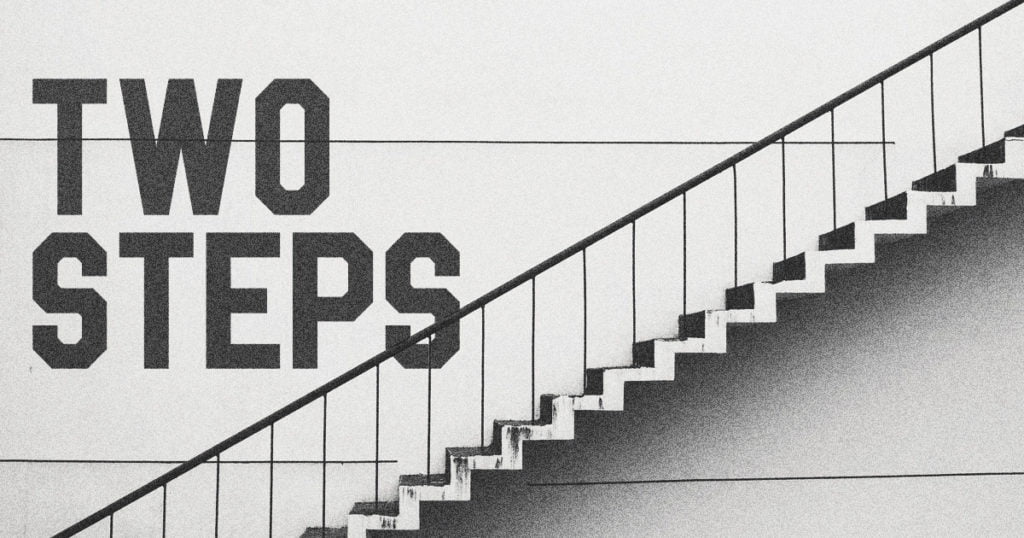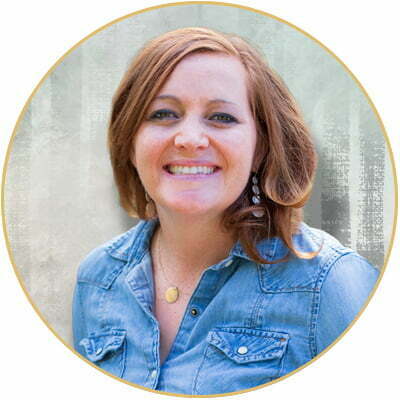

Two steps. That’s really all I had to climb. I had climbed those steps hundreds upon hundreds of times before, but this time I had to think about it. I began to think about it Friday when I was getting x-rays on my often injured ankle. I thought about it again Saturday as I prepared for Sunday morning and wondered how I would get myself up to the podium with crutches and an enormous walking boot. I thought about it Sunday morning when I attempted a jump-hop from the floor up the steps. I made it, but it was precarious, wobbly, and probably heart-stopping for those observing. Once I had made it successfully up the podium, I realized I had to start strategizing about a way down. Ultimately, the worship director and I decided I could just speak from floor level. All this because of two stairs that were too much to manage with all of my mobility accessories. I realized that I never gave a moment’s notice to the steps in all of the years I have been using them until one day I had to. I never gave a moment’s notice to two steps that suddenly felt as tall as Mt. Everest when I could not walk without the help of crutches and a boot. Therein lies the massive challenge with disability ministry: unless we are specifically impacted, we are often unaware of the needs. Committing to taking two uncomplicated and doable steps will help your church be on the path to accessibility and inclusion.
Before your church begins to plan any ministry, STOP. Do not proceed with planning any disability supports until you have asked those impacted what their specific needs may be. It would be tragic to decide to build a bright and shiny sensory room if nobody in the church will use it. It would be reckless to spend money on all of the newest sensory equipment if that equipment provides insufficient support for the real-time needs of real people in your congregation. Ask individuals and families what they need. Is it a buddy for their preschooler on the Autism Spectrum for Sunday school? Is it an accessible small group for a senior with a disability? Is it transportation to church for a young adult with Down Syndrome? Is it an adult-sized changing table in the restroom? If you do not ask, you will never know! Asking those impacted by disability what supports would be beneficial ensures that those who are impacted have a voice in the process and your church may be more successful in building an inclusive culture responding to specific needs in an intentional way.
As you receive feedback from those in your church impacted by disability, resist the temptation to cram supports into existing programming or structures. One more time for the people in the back: resist any and all temptation to implement supports into what already exists. Often, what already exists is a massive hindrance to accessibility and inclusion. To support those impacted by disability well, you and your church must be open to change. Being willing to examine current structures, systems, programs and attitudes allows us the opportunity to be fully open to what our Creator God has in store. Change can be scary and stressful, but being willing and able to change allows our churches to more clearly join God in the work He is already doing in our congregations. There may be a better, more inclusive path ahead if we allow God to direct our steps, instead of insisting we know where to go, because we have always gone that way.
Two steps. You might need to ask questions and need to make a different plan to navigate them well. In the process, you just may find a new, better way to climb.


